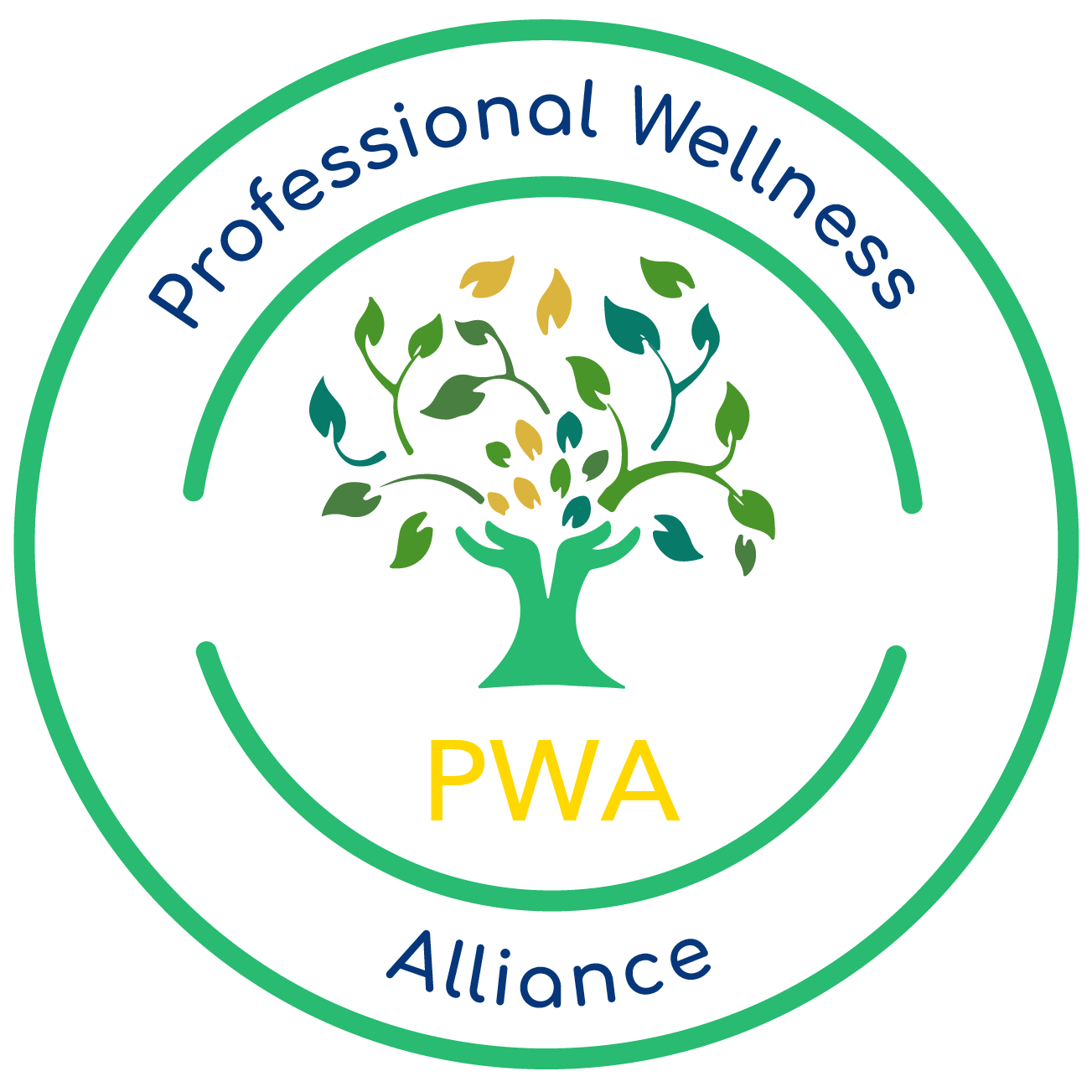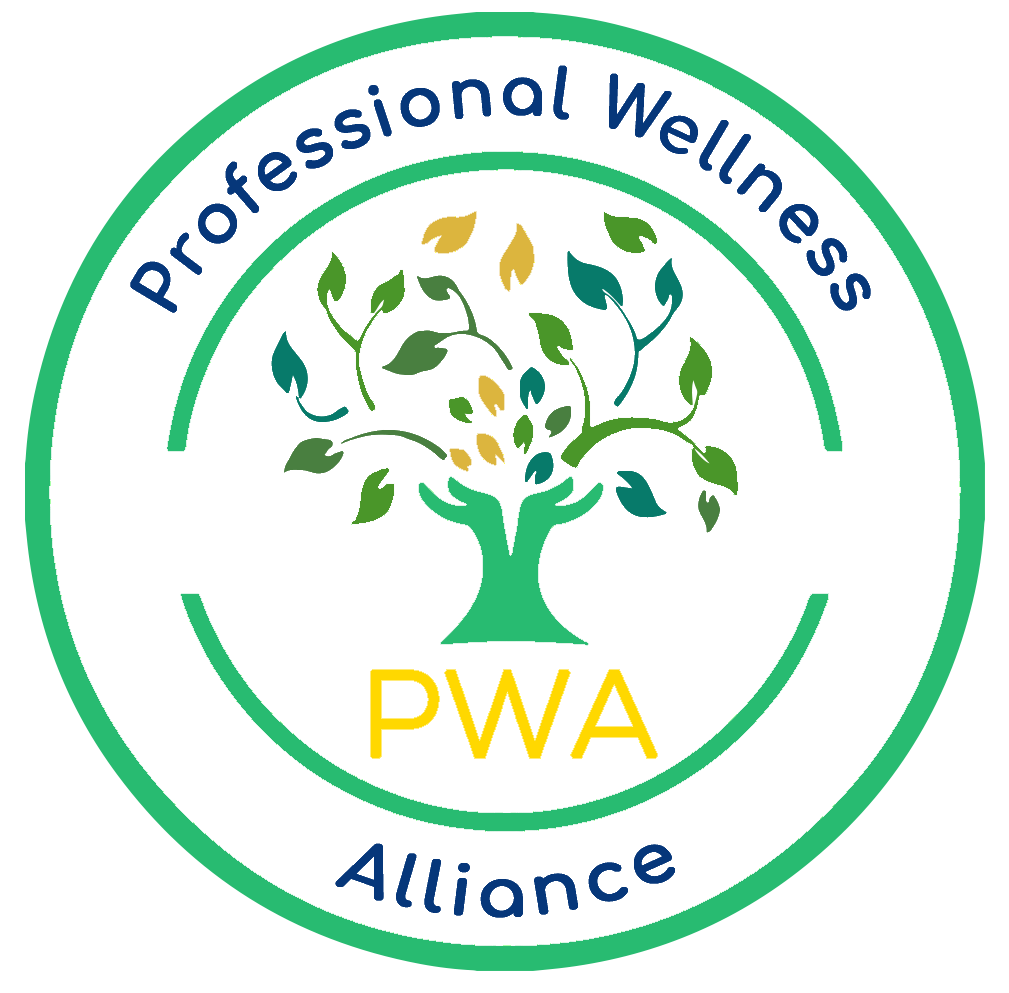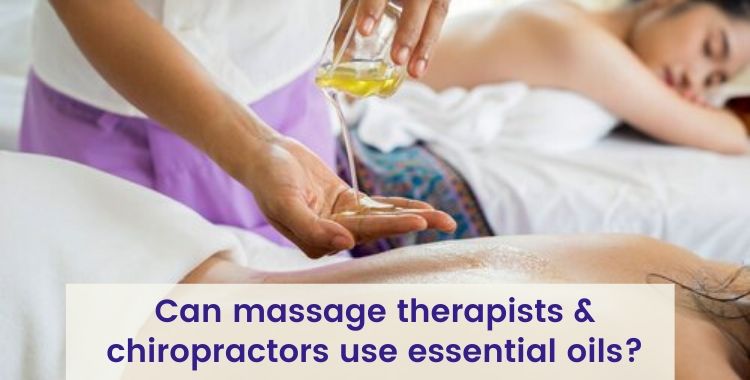Essential oils have many benefits for health and wellness, such as relieving stress, uplifting mood and boosting energy. They can also be used to complement or augment the benefits of other holistic health services such as massage, reiki, acupuncture, reflexology and yoga.
Because of their potency and cumulative effects, the use of essential oils should be taken seriously and practiced responsibly with the utmost care and highest-quality oils to prevent unwanted side effects.
What is the History of Essential Oils?
Medicinal plants and essential oils have been used by humans throughout the world for millennia to heal physical, mental and emotional ailments. The use of aromatherapy was revived in the West when essential oils were “rediscovered” in the early 1900s in Europe and North America. In the past few decades, interest in the benefits of essential oils has surged as more people seek natural remedies for health issues.
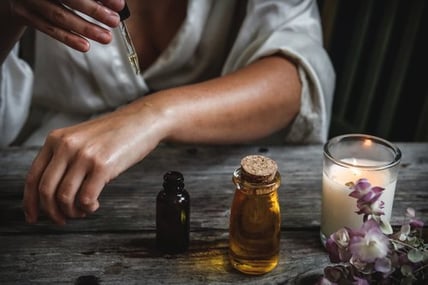
What is an Essential Oil?
An essential oil is a volatile liquid distilled from the roots, seeds, stems, bark, fruits, flowers, resin, or leaves of plants. These aromatic oils can be bottled and used for a variety of health-related purposes. Each oil is composed of complex chemical structures with hundreds of chemical constituents. Studies are conducted to analyze their anti-bacterial and anti-fungal properties, as well as how they interact with the body’s systems.
Does the Quality of Essential Oils Matter?
Essential oils are not regulated by the U.S. Food and Drug Administration (FDA), so it is up to the consumer or practitioner to research and ascertain the quality and safety of the oils they use. The quality of essential oils varies greatly depending on factors such as the plant species, purity and distillation process.
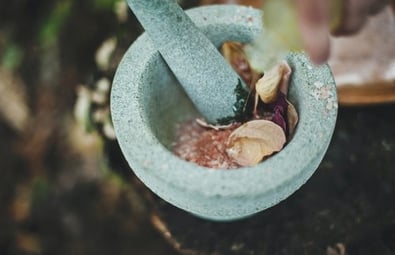
Many variables influence the safety and effectiveness of an essential oil, including whether the plant was cultivated organically or with toxic chemicals and the type of material in which it was distilled, stored and bottled. Oil quality is degraded by high pressure, heat or extraction via solvents, additives, synthetic fragrances and contact with aluminum or plastic.
The highest quality essential oils are pure, therapeutic-grade oils made from organically grown plants that are the precise species and variety for the desired result.
What are the Benefits of Aromatherapy and How Does it Work?
Breathing in the scent of an essential oil is known as aromatherapy. The leading theories propose that when the molecules of the oil are inhaled, the olfactory glands trigger receptors in the brain.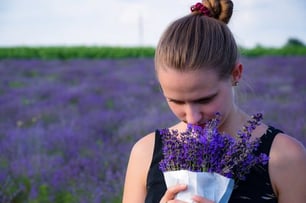
It is believed that because the sense of smell is the only one of the senses linked to the limbic lobe — the part of the brain that controls emotions, memory and arousal — certain smells can have a profound effect on mood and memory, both on a conscious and unconscious level. This is why certain oils can stimulate focus, while other oils can promote relaxation and comfort.
How can I use Essential Oils?
While there are many ways to use essential oils, types of application generally fall into three categories: topical, inhalation, or ingestion.
Topical
This is when an essential oil is applied directly to the skin, usually diluted with a carrier oil, rather than neat (undiluted). Topical methods are often preferred for issues such as muscle and back pain. Other topical application methods include massage, creams, serums and bath.
Inhalation
This method allows oil molecules to be dispersed into the air where they can be inhaled such as:
- Passive diffusion by adding a few drops to a pillow, wool pad or cotton ball
- Water-based diffuser which releases the oil into the air
- Resin burning, such as using incense in a ceramic burner
- Aromastone, which is a porous rock such as lava
- Wearable diffusion such as locket necklace with felt pads for oils or a scarf
- Using specific oils for natural household cleaning
Ingestion
Some essential oil companies recommend taking oils into the body orally, diluted in water or swallowed in a capsule. This method has been criticized because it can cause severe and long-term internal organ damage. Many oils can harm the liver, irritate the throat or intestinal tract and wipe out beneficial gut bacteria. For this reason, it is best to avoid taking any oil internally.
Why is it Important to Use Essential Oils Carefully and Responsibly?
Essential oils are extremely concentrated, and they should be used with caution to be safe. Here are a few things to keep in mind when beginning to use essential oils:
- It is possible to have an allergic reaction to an oil, so it is important to test a small area of skin first
- Most oils should be diluted in a carrier oil at a specific ratio
- Not all oils can be diffused. Some oils can cause eye or lung irritation if used improperly
- Over-use of certain oils can cause undesired hormonal alterations
- Some oils such as those derived from citrus plants are photosensitive, which means that exposure to the sun after application can cause rash or dark pigmentation
- Adulterated oils that are mixed with extenders or synthetic components can cause itching, burns, irritations and rashes
What are Specific Uses for Essential Oils?
There are hundreds of essential oils on the market today, and each has a variety of uses and applications. Research into specific essential oils and compounds is ongoing. A licensed aromatherapist or essential oils coach can educate about which oils are appropriate to use, given an individual’s background and needs.
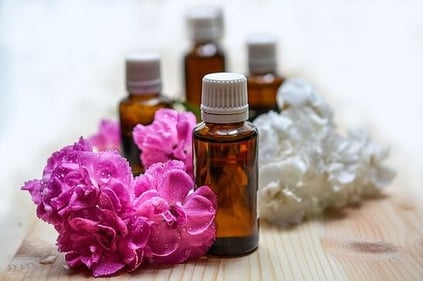
In addition to single oils, essential oils can be combined to produce a desired effect. They can either be mixed in the moment or can come in pre-packaged blends. Vegetable oils such as olive oil, coconut, almond oil, or jojoba can be used as carriers to dilute essential oils.
Here are some of the most helpful essential oils for common issues:
Essential oils for anxiety:
- Lavender
- Lemon
- Rose
- Vetiver
Essential oils for sleep:
- Valerian
- Clary sage
- Roman chamomile
- Bergamot
- Vanilla
- Sweet Marjoram
Essential oils for headache:
- Orange
- Peppermint
- Lavender
- Eucalyptus
- Neroli
- Frankincense
Essential oils for allergies:
- Rosemary
- Eucalyptus
- Lavender
Essential oils for colds:
- Cinnamon
- Eucalyptus
- Tea tree
- Thyme
- Peppermint
Essential oils for pain:
- Rosehip
- Clary Sage
- Ginger
- Chamomile
- St. John’s Wort
Essential oils for energy:
- Sweet orange
- Lemon
- Basil
- Spearmint
- Cinnamon
How can Essential Oils be Used in Holistic Health Services?
Essential oils can be incorporated into holistic health services. For example, a licensed massage therapist might apply ginger or chamomile oils for sore muscles in the back or neck.
Or, a reiki practitioner could diffuse lavender oil in the air during a session to promote relaxation. A spiritual counselor could also incorporate citrus oils to boost mood or vetiver to calm anxiety. A yoga instructor can spray an essential oil blend diluted in water during savasana to deepen relaxation at the end of a class.

Why is it Important to Find a Licensed Provider?
Essential oils are extremely powerful, and can cause damage if applied incorrectly or abused. There are contraindications for certain oils depending on age, pre-existing conditions, allergies, pregnancy, medications or other factors.
This is why it is important to verify the quality of both the essential oils and the holistic health practitioner promoting their use. If you are seeing a practitioner who is using essential oils, ask if they are licensed, which is a process that verifies their qualifications and training.
Find an aromatherapist or licensed holistic provider near you in the Professional Wellness Alliance (PWA) Directory.
.png?width=350&height=350&name=professional-wellness-alliance-logo%20(2).png)
